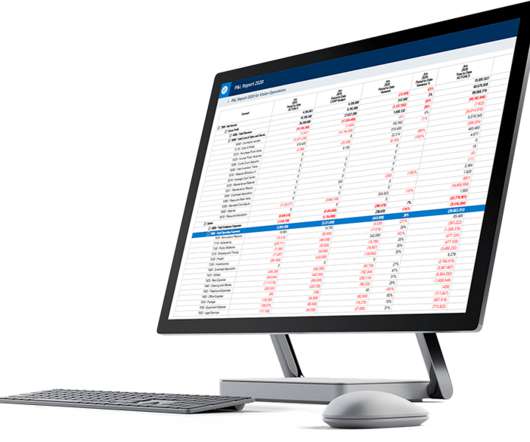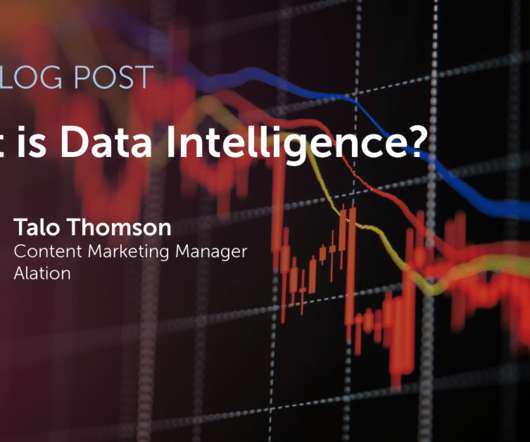Themes and Conferences per Pacoid, Episode 8
Domino Data Lab
APRIL 3, 2019
Data governance shows up as the fourth-most-popular kind of solution that enterprise teams were adopting or evaluating during 2019. That’s a lot of priorities – especially when you group together closely related items such as data lineage and metadata management which rank nearby. Validates products for conformance.














Let's personalize your content